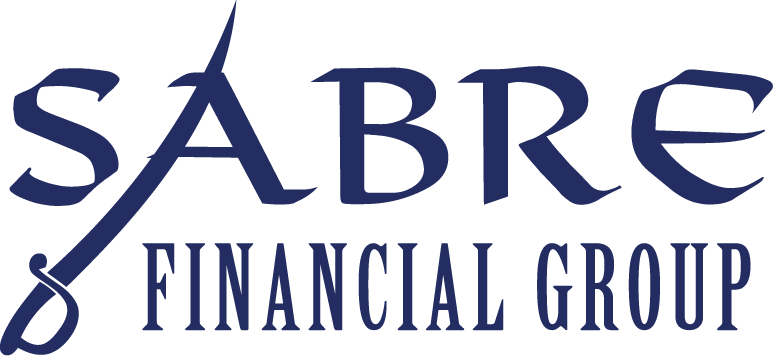 Your company’s financial statements tell the story of your business’s health, performance, and trajectory. Prioritizing the financial side of your business will ensure your reports narrate a compelling story to minimize risk and help you and your team make informed decisions.
Your company’s financial statements tell the story of your business’s health, performance, and trajectory. Prioritizing the financial side of your business will ensure your reports narrate a compelling story to minimize risk and help you and your team make informed decisions.
The income statement, balance sheet, and cash flow statement are the key reports that describe a company’s financial well-being. Understanding these financial statements and what they say about your business is crucial. It will ensure you’re able to make strategic and sound decisions.
What Role Does the Balance Sheet Serve?
Your balance sheet sets the stage for your company’s financial story. Think of it as a snapshot of your company’s financial position at a given point in time. It gives you insight into the strength and stability of your business.
The balance sheet reports assets, liabilities, and equity at a specific time. Typically the beginning and ending of a fiscal period. This financial statement shows you what the company owns, its outstanding obligations, and how much equity it holds. Consequently, comparing the amounts reported at the beginning of the period to those reported at the end shows how the company has either progressed or regressed.
The balance sheet plays an important role in your company’s financial health by giving you a picture of your business’s financial standing. It can help you assess risk if the company has taken on too much debt and analyze critical financial ratios related to liquidity, borrowing capacity, or other factors.
If you are hoping to attract potential investors, this statement will demonstrate your company’s net worth and ability to pay off its debts.
What is the Purpose of the Income Statement?
The income statement furthers the story of your company’s financial health by illustrating performance over time. It shows the effectiveness of your company’s operations, strategies, and management practices.
This statement details revenue, expenses, gains, and losses. Additionally, it reports your company’s financial performance by summarizing its earnings from revenue and other sources while also accounting for expenditures associated with business operations and unusual events. These numbers are all measured over a period of time, typically a month, quarter, or year.
The income statement’s primary purpose is to tell you how profitable your business is. This report allows you to assess your business’s profitability and to measure its performance against that of your competitors. For example, if your company reports sustained profit growth, this can be a sign of the efficacy of implemented strategies and practices.
Additionally, you can leverage the income statement to make strategic decisions regarding the business. Businesses looking to grow can analyze expenses to determine where to cut back on excessive spending or review sales performance to identify further investment opportunities.
What Does the Cash Flow Statement Say About My Company?
In conjunction with the balance sheet and the income statement, the cash flow statement reports how your company generates and utilizes its cash over a period of time.
The cash flow statement provides a breakdown of your business’s cash inflows and outflows categorized by three elements: cash flow from operating activities, cash flow from investing activities, and cash flow from financing activities.
Furthermore, this statement also reveals your company’s liquidity position and ability to repay loans. Its significance also extends to internal planning and budgeting. You’re able to use the insight derived from the cash flow statement to plan for cash costs required for upcoming projects, investments, hirings, etc.
Why Do These Statements Matter?
Each of these financial statements reports on the health and stability of your business. The balance sheet, income statement, and cash flow statement all play an important role. They narrate the story of your business’s financial well-being. Understanding and reviewing these financial statements will allow you to make informed decisions. This readiness is crucial for future goals that may involve expansion, getting a loan, or bringing on investors.
Lastly, failing to understand the reality of your company’s financials can expose your company to unnecessary risk. This may prevent your company from capitalizing on strategic opportunities in the long run. If you have been managing your financial department on your own and realize you need some help, consider a solution. Alternatively, if you are needing to replace your CFO or Controller, a fractional or interim financial expert can be beneficial. They can lift the load off your shoulders.
How We Can Help
Sabre Financial Group helps small to mid-market businesses with Interim and Fractional Controller and CFO services. We are experienced individuals who can help you understand your company’s financial health and strategize for the future. If you are looking to improve your company’s financial well-being, reach out to our team to learn more or to schedule a consultation.

